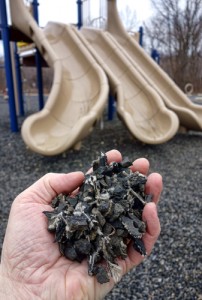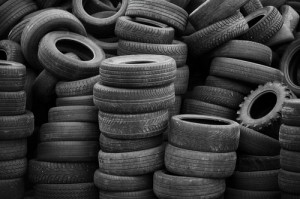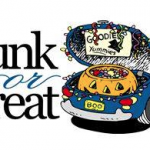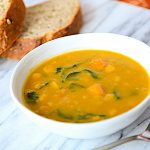Artificial Turf — does it cause cancer?
 As if we parents didn’t have enough to worry about with Ebola and enterovirus D-68 making headlines, now we have to worry about the risk of cancer from playing soccer. Amy Griffin, the associate head coach for the University of Wisconsin’s women’s soccer team, brought forward her concern of there being a link between artificial turf and cancer. She compiled a list of 38 American soccer players diagnosed with cancer, mostly blood cancers like lymphoma and leukemia. 34 of them are goalies, who spend the most time on the ground. The Today Show picked up the story and more reports of cancer are coming in, as per their follow up piece. I’m the mom of kids who love soccer and lacrosse. Now what?
As if we parents didn’t have enough to worry about with Ebola and enterovirus D-68 making headlines, now we have to worry about the risk of cancer from playing soccer. Amy Griffin, the associate head coach for the University of Wisconsin’s women’s soccer team, brought forward her concern of there being a link between artificial turf and cancer. She compiled a list of 38 American soccer players diagnosed with cancer, mostly blood cancers like lymphoma and leukemia. 34 of them are goalies, who spend the most time on the ground. The Today Show picked up the story and more reports of cancer are coming in, as per their follow up piece. I’m the mom of kids who love soccer and lacrosse. Now what?
I’ve always hated those little black pellets, which get dragged into the house by my kids after they play on artificial turf, but only because I hated having to clean them up. Now, we have may have other things to worry about.
The pellets, called crumb rubber, have been used for years to soften artificial turf, which used to be like carpet on concrete, providing little cushioning and resulting in many injuries. The new technology mimics the real thing much more closely, but relies on ground up tires for the authenticity. Tires contain lots of chemicals, which are deemed safe when it comes to road use, but which haven’t been extensively studied in terms of risk when they are inhaled, ingested or lodged in cuts and scrapes. On hot days, the rubber can actually leach chemical gases into the air, which are then breathed in by athletes. Is the turf carcinogenic?
 According to the Synthetic Turf Council, there are 11,000 artificial turf fields in the U.S. and crumb rubber is also used on lots of playgrounds. Benefits of artificial turf include cost efficiency, decreased use of natural resources like water, recycling of rubber, no pesticides on the field, and a consistent playing surface despite the weather.
According to the Synthetic Turf Council, there are 11,000 artificial turf fields in the U.S. and crumb rubber is also used on lots of playgrounds. Benefits of artificial turf include cost efficiency, decreased use of natural resources like water, recycling of rubber, no pesticides on the field, and a consistent playing surface despite the weather.
Both the Environmental Protection Agency (EPA) and the Consumer Product Safety Commission (CPSC) did do research into the safety of the fields about five years ago. Both admit these studies are limited, and neither seems to be inclined to do more research, considering it a local and state issue. There are alternatives to crumb rubber, such as cork and Flexsand.
I was watching my daughter’s soccer game on artificial turf this past weekend. Normally, I watch and worry about ankles and concussion, but this time, when a player went down, I couldn’t help but think, “Don’t breathe in.” On top of this, I had my four year old twin boys with me, who are more like monkeys than children when given space to play. They were rolling on the turf and coming up with crumb rubber in their noses, their hair and their mouths. A week ago, happy they were entertaining themselves, so I could watch the game, I would’ve said, “We’d better shake all that out before we get in the car.” This time, I told them to stop playing numerous times, made them blow their noses and swish and spit water.
I pride myself on not being an alarmist, but when I really think about this issue, I am concerned. I’m not in panic mode because I know there are some studies suggesting it is safe, I know 13 million kids play soccer in the U.S., and about 16,000 kids get cancer every year. Blood cancers are the most common, and as far as I can tell, there has not been an increase in incidence since the use of artificial turf with crumb rubber. This is all reassuring, but as a mom, I can’t help but worry a little bit, especially when I see their faces covered in black specks, made from essentially unregulated materials. I am at least worried enough to have them shake out their clothes and shoes outside, shower after playing on turf and instruct them to avoid, best they can, inhaling or ingesting the pellets. You shouldn’t make your children paranoid, but if you think they can handle it, simply tell them the black stuff isn’t good to eat or breathe. You don’t have to go into detail.
Like Amy Griffin and soccer parents everywhere, I am hoping someone steps up and does the research. Griffin said in the Today Show interview, she would love to be proven wrong. I would love that too.





















